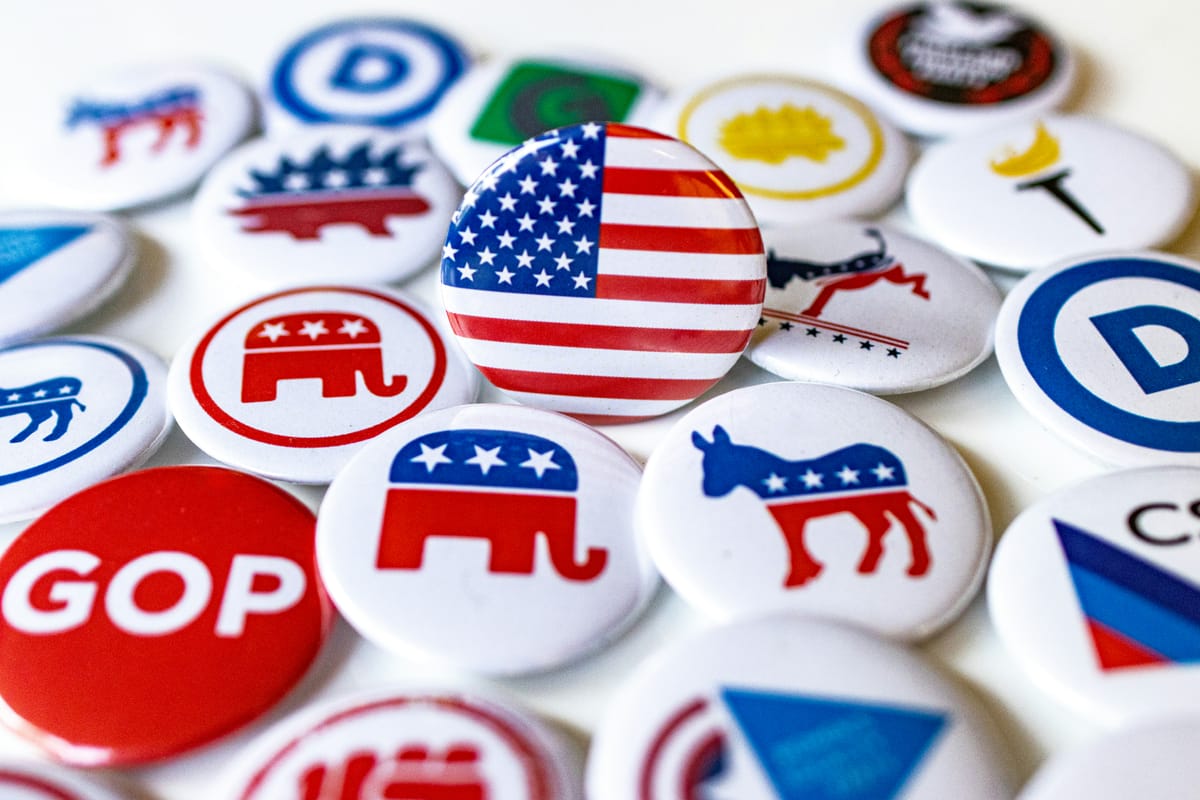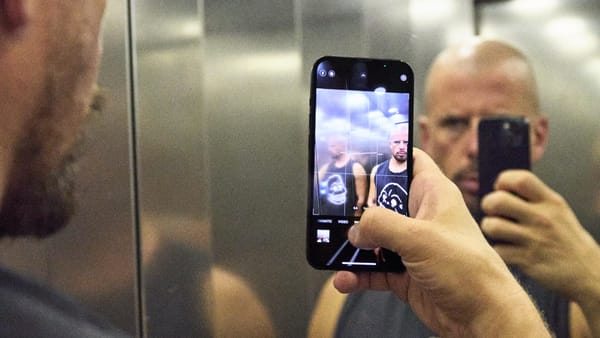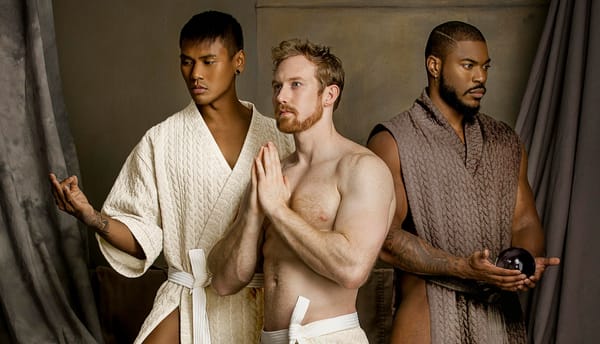Even if Harris beats Trump, life could get worse for LGBTQ people in the US.
There's more to worry about than just Project 2025.

If the recent debate between Kamala Harris and Donald Trump meant anything, it would seem that LGBTQ people in the United States could rest easy.
When you do a policy comparison between the Democrats and the Republicans, it seems pretty clear that queer people voting for Donald Trump would be the equivalent of turkeys looking forward to Thanksgiving.
But the US political system is simultaneously messy and complicated.
All of the polling suggests that the likely outcome in November's presidential election remains too close to call. Even if Harris and the Democrats win the popular vote, the way that the electoral college system works means that there's a very real possibility that the Republicans will secure the presidency and possibly control of the Senate.
The Republicans have neatly summarised their plans for power in the snappily titled document "Project 2025". Among the legislative priorities being lined up for an incoming Trump administration is the criminalisation of porn, the rollback of anti-discrimination protections, and the persecution of trans people. They're not messing around - it's laying the foundations for christo-fascist nationalism.
Even if we do live in the version of the multiverse where Harris does become the first woman to lead the United States, that is not the end of the anxiety and uncertainty for America's queer community. We've still got the Supreme Court to worry about.
Throughout this election campaign, one of the key issues separating the parties is access to abortion. The reference point is the Supreme Court's 1972 decision in Roe v. Wade which recognised access to abortion as a constitutional right. It's this decision that the Supreme Court reversed in its 2022 decision in Dobbs v. Jackson Women's Health Organization.
In his judgment in the case of Dobbs, Justice Clarence Thomas - who was part of the majority in overturning Roe v. Wade - referenced Marriage Equality, flagging an intention to reconsider the 2015 Supreme Court decision that led to same-sex marriages being legal in all US states. Given the influx of conservative judges into the Supreme Court, there seems little resistance to undoing what had seemed like accepted law. Legal commentators have identified a number of cases working their way through the legal system and heading towards the Supreme Court's jurisdiction that could present opportunities for the rights surrounding Marriage Equality to be up for debate.
If the Supreme Court did overturn Marriage Equality, the legislative process to try and rectify that - assuming that there was the political will - is long, drawn-out, and complicated. Executive orders - as we've seen with the Biden administration - routinely face judicial challenge and are often overturned. The reality is that we may be facing into an extended period where we no longer have Marriage Equality in the US - it's a scenario that we need to be mentally and politically prepared for.
Regardless of what lies ahead, the first step is to ensure that your voice is counted in the election on 5 November. Registration deadlines vary between states so check Vote.gov to ensure that you're enrolled to vote.
How's Your Gaydar?
Connect with guys near you.












